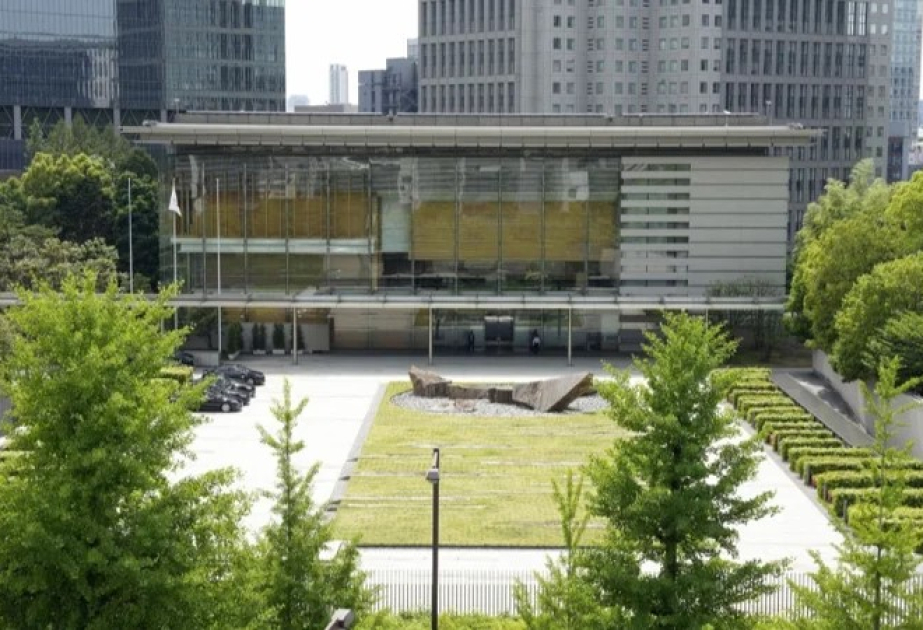The Japanese government is considering reusing soil, removed from areas around the crippled Fukushima Daiichi nuclear power plant, on the premises of the prime minister's office and other ministries and agencies, according to Kyodo.
The move is aimed at setting a precedent on soil recycling outside Fukushima Prefecture, after demonstration projects planned in some areas in Tokyo and its vicinity hit a snag due to local opposition.
The soil that will be taken to the prime minister's office and other offices in Tokyo's Kasumigaseki district is likely to be used for flowerbeds and other purposes. The Environment Ministry has said its safety has been confirmed through demonstration projects that began in Fukushima Prefecture in 2017.
Three nuclear reactors at the Fukushima plant suffered fuel meltdowns following the March 2011 earthquake and tsunami disaster, spewing massive amounts of radioactive materials into the air and resulting in the contamination of land in the vicinity.
About 14 million cubic meters of removed soil and other waste has seen been placed at an interim storage facility near the nuclear complex.
Japan aims to recycle soil with relatively low radioactivity for public works, such as to form road embankments, to reduce the total amount of soil that eventually needs to be dealt with.



















